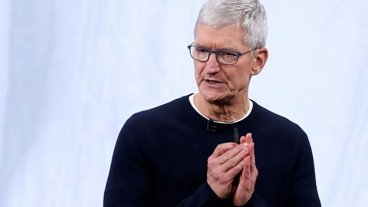Wall Street concerned by lower-than-expected iPhone sales in Apple's holiday quarter
Though Apple sold a record number of iPhones to finish 2013, exceeding 50 million in three months for the first time ever, total sales came in below investors' expectations. As a result, Wall Street analysts have expressed concern about future growth potential for the company's flagship product.
Apple reported earnings for its first quarter of fiscal 2014 on Monday, revealing it earned $13.1 billion in profit, driven by sales of 51 million iPhones and 26 million iPads. While iPad sales were slightly higher than expected, the performance of the iPhone came in lower than the 56.5 million iPhones Wall Street expected Apple would sell.
Analysts issued notes to investors following Apple's earnings report, in which many of them expressed concern about iPhone sales in the coming quarters. AppleInsider offers a roundup of what analysts are saying in the wake of Apple's best-ever fiscal performance.
Wells Fargo
Analyst Maynard Um noted that Apple's revenue of $57.59 billion and earnings per share of $14.50 were ahead of Wall Street expectations, due in part to higher-than-expected gross margins of 37.9 percent. But that surprise couldn't offset disappointment over the iPhone sales, which Um said leave questions about end demand.
The analyst said the fact that carriers are becoming more strict to 24-month upgrade cycles could serve as a sign that the "balance of power" between wireless providers and smartphone makers is shifting back to carriers.
Um expects that Apple's 2014 will be highlighted by new products, including a next-generation iPhone and a potential wrist-worn device. But Wells Fargo has maintained its "market perform" rating, citing concerns over carriers regaining strength, potential gross margin pressures from an anticipated iPhone redesign, and limited incremental market cap opportunity in existing market segments where Apple competes.
Cantor Fitzgerald
"AAPL is down but not out," analyst Brian White proclaimed on Tuesday. He believes Apple must introduce a new product category and initiate a larger stock buyback to appease investors.
White agrees with activist investor Carl Icahn, who has been pushing Apple to spend more of its cash on itself, buying back shares and returning the money to investors. White expects that Icahn's voice will "become even louder in the coming weeks."
As for the company's products, White said it's "more clear than ever" that Apple needs to introduce an entirely new product to return to the kinds of growth trends the company previously saw. He also noted better-than-expected earnings per share performance, and strong gross margins.
Piper Jaffray
While underlying iPhone growth is a "core question" for Apple according to analyst Gene Munster, the company's 2014 product cycle is something to get excited about. While he doesn't expect any major new releases until this fall, Munster does see reasons for investors to buy in the near-term.
"(Apple's March 2014) guidance strengthens the idea of AAPL as a stock to own through product cycles, given that the maturity and size of its core markets will make it difficult for new products to meaningfully reaccelerate revenue growth," he said.
Munster advised investors to buy more shares of AAPL on any pullback that may come from the company's disappointing December 2013 results. In pre-market trading through Tuesday morning, shares of Apple had tumbled more than $40.
Cowen and Company
Wall Street's "obsession" with unit sales continues, analyst Timothy Arcuri said. He characterized weaker iPhone sales as a "curve ball," but sees the unexpected result as a "unique buying opportunity" for investors.
"If the ~10% aftermarket move holds up (Tuesday), we would be buyers of every share possible at such levels, as such a correction in a stock of this size/quality does not come along often," Arcuri wrote.
Evercore Partners
The new plastic iPhone 5c is "looking like a dud," analyst Rob Cihra said. He believes the high-end mix of Apple's products, in particular toward the iPhone 5s, is "both a blessing and a curse."
The curse side of it, in Cihra's view, is the fact that Apple now has an installed base of about 280 million iPhone users, with replacement purchases representing about 74 percent of that mix. That's because the high-end smartphone market appears to be topping out, he said, with mid-range smartphones posting the most growth.
Needham & Company
Analyst Charlie Wolf was surprised that the issue for Apple's December quarter iPhone sales was not international markets. The company saw its sales grow 76 percent in Latin America, 65 percent in the EMEA region, 40 percent in Japan, and 20 percent in China.
"Rather, the shortfall stemmed from lower than expected sales in the U.S.," he said. "Apple attributed part of the domestic shortfall to a change in carrier upgrade policies, which stretched the iPhone upgrade cycle among owners of the iPhone."
Moving forward, the larger question for Apple, according to Needham, is whether the company can grow iPhone sales while maintaining its place as an "aspirational brand."
RBC Capital Markets
Beyond the lack of iPhone growth, investors are also concerned about "lack of product innovation," analyst Amit Daryanani said. He expects the stock to stay in the $500 to $550 range in the near term, though he sees potential upside catalysts coming in the form of capital allocation, growth from China Mobile, new product cycles, and potential new revenue streams from new product categories.
Looking forward to the next quarter, Daryanani expects revenue to be flat on a year over year basis. He noted that gross margins beat expectations in December, and are expected to remain stable moving forward in the short-term.
J.P. Morgan
Shares of Apple will be under pressure in the near term as investors react to an "air pocket" in the company's route, analyst Mark Moskowitz said. He recommends that investors take advantage of any near-term weakness.
"We think investor sentiment will be bruised by the slowing iPhone momentum and indications the company misread market conditions with its rollout of the iPhone 5c among other factors," he said. "We think both are explainable and can be overcome, though."
Moskowitz also cited higher-than-expected iPad sales as one product category that could counter investor frustrations with iPhone business trends.
"Double-digit growth in China and strong demand in emerging markets could indicate the tablet adoption wave may not be over, yet," he said.
Cantor Fitzgerald
Apple's outlook for the current March quarter is conservative, analyst Brian White believes. Prior to Monday's announcement of projected sales between $42 billion and $44 billion for the quarter, Wall Street consensus was at around $46.1 billion
White said Apple's "soft" outlook for the second quarter of fiscal 2014 could give Icahn "more ammunition in pushing through his increased stock repurchase program."
BMO Capital Markets
iPhone average selling prices increased almost 12 percent quarter over quarter in December, analyst Keith Bachman noted. He believes that strong sales of the iPhone 5s and its high price points helped push gross margins higher than expected.
Bachman's concerns for Apple go beyond the current March quarter and into June. He's modeling June quarter revenue to decline by more than 16 percent quarter over quarter, which would exceed the average decline of 15 percent seen in the company's previous two June quarters.
JMP Securities
Analyst Alex Gauna remains "fundamentally neutral" on Apple stock, citing what he sees as a balanced risk and reward scenario. Specifically, he said innovation potential at Apple is offset by what he sees as a "lack of confidence inspiring execution recently."
He also said that any potential unit volume upside potential from emerging markets is offset by price sensitivity and competitive dynamics. And while Apple has a considerable amount of cash, he sees that offset by a "slowing pace of buybacks."
 Neil Hughes
Neil Hughes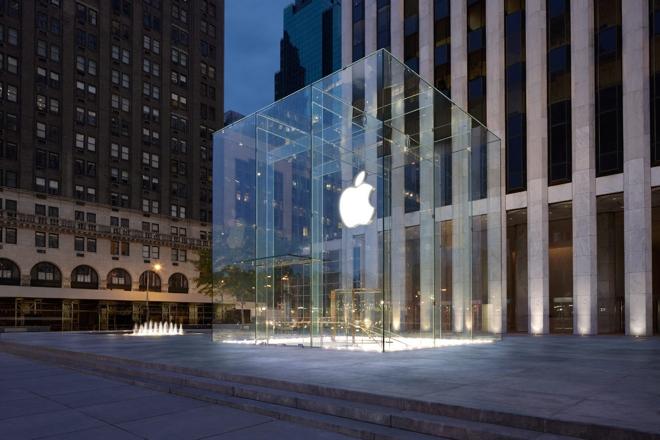
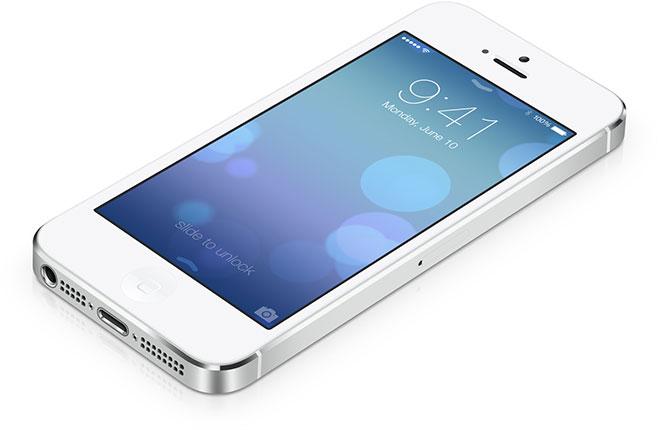
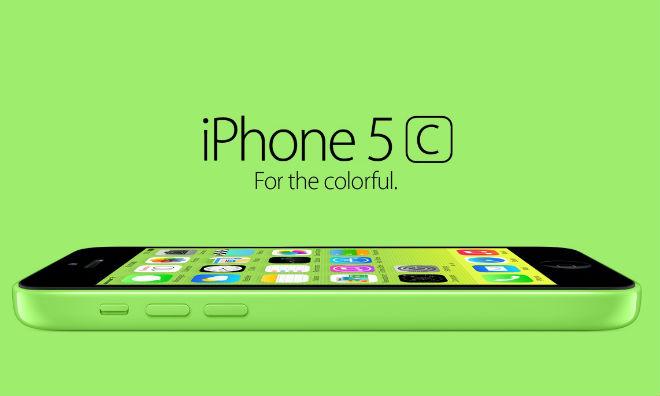
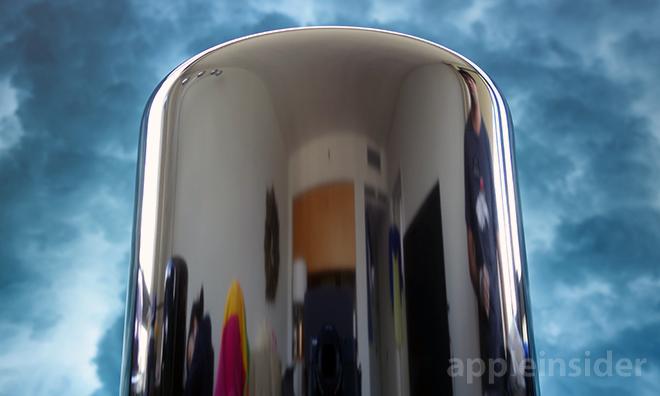
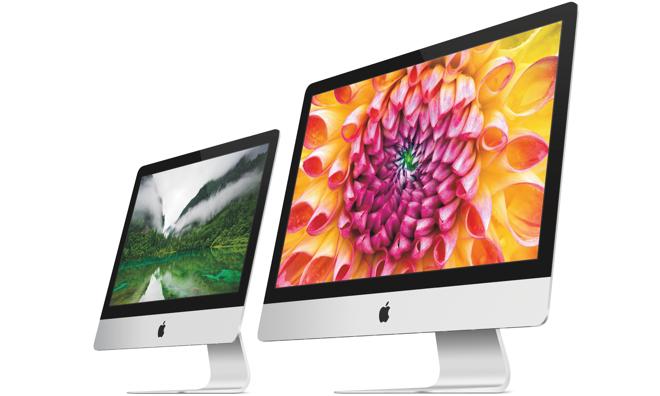











 William Gallagher
William Gallagher
 Andrew Orr
Andrew Orr
 Sponsored Content
Sponsored Content
 Malcolm Owen
Malcolm Owen



 Mike Wuerthele
Mike Wuerthele

